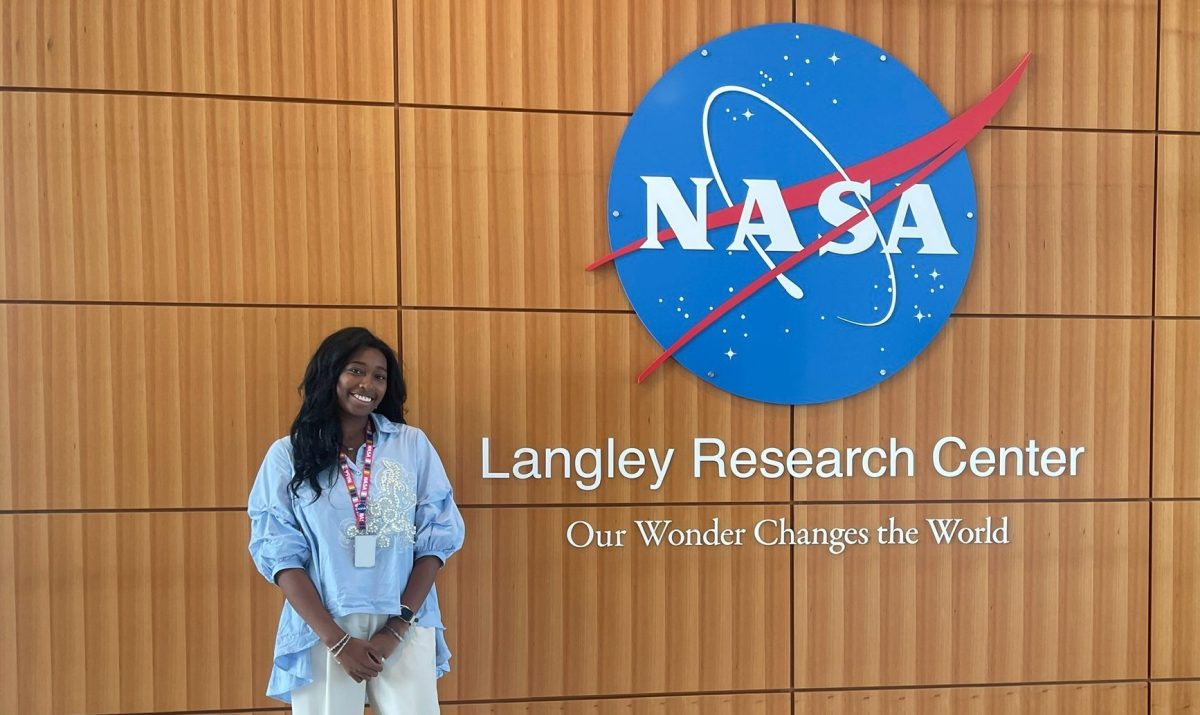“My mom always told me she believed that whatever you wanted to do when you were a child is your destiny—what you’re destined to do in life. And when I was a kid, I had every STEM interest.”
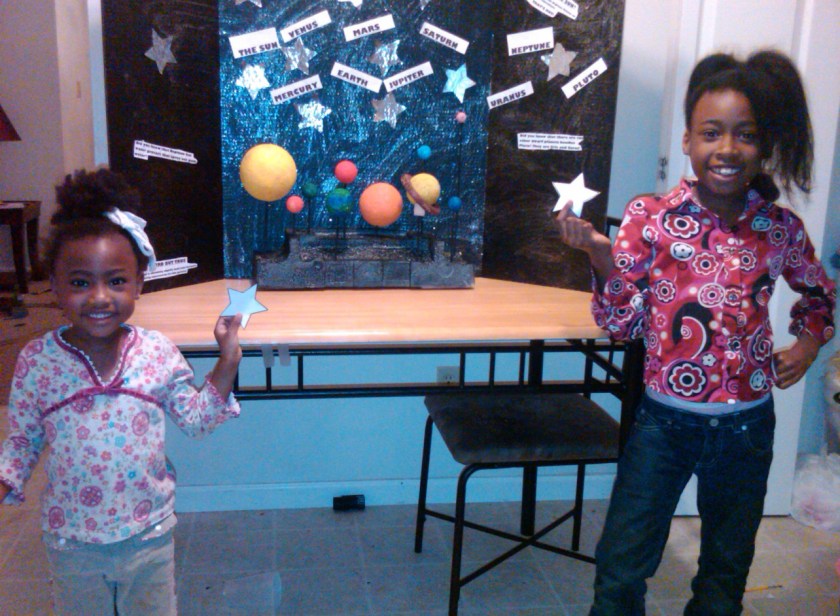
Meet Caitlyn McClanahan, a Weather Data Processing intern at NASA’s Langley Research Center in Hampton, Virginia.
Growing up, McClanahan always loved studying the sciences. “I had a robotics phase. I had an astronaut phase. I had a weather phase. I had a paleontology phase. I had a chemistry phase,” she said.
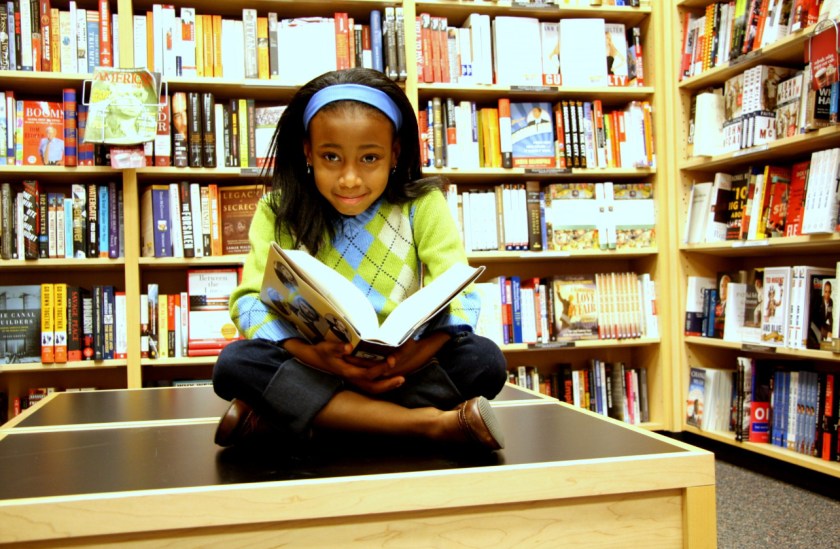
However, as a young Black woman living in a Midwestern small town, she often found herself being the only Black woman in predominantly white spaces. “It causes a lot of people to have anxiety, coming into a space and noticing that this is a very white space, a very male space. I’ve found myself throughout life kind of minimizing myself to try to fit into this space that I believe is too big for me.”
After graduating from high school, McClanahan continued her education at Hampton University. Founded in 1868, it is the oldest Historically Black College and University (HBCU) in Virginia. Recounting her first days at Hampton, she was surprised to find that her science courses were predominantly attended by women.
“In fact, our teacher told us there were four men majoring in chemistry that year, which was considered a lot more than usual,” McClanahan said. “It was such a stark difference to see so many women, especially so many Black women, who looked like me and had the same interest as me. And it was just such an awesome environment to regain that confidence in myself.”
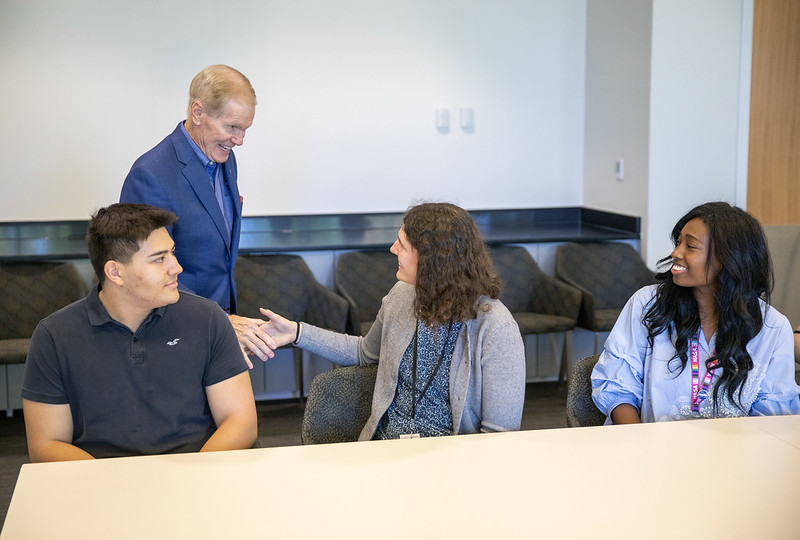
Located just 15 minutes away from NASA’s Langley Research Center, Hampton University has long had a rich history supporting the space agency. McClanahan quickly noticed how NASA celebrates Black experts, including Black scientists, such as “Hidden Figures” Katherine Johnson, Dorothy Vaughan, and Mary W. Jackson.
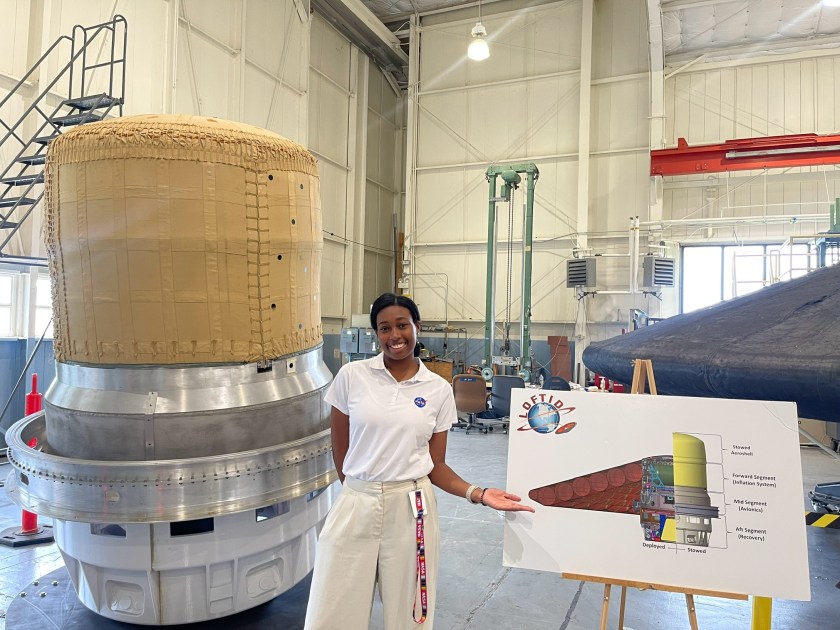
“I feel welcome here,” McClanahan said. “I remember on my first day on-site I was nervous and walking along and a woman came up to me, stopped me, and chatted with me. Her being a Black woman, and one of the first people I talked to here, really made my anxiety crumble away. Since then, I’ve truly felt that NASA is working to reflect the diversity of America, and I am really excited to get to be a part of that.”
Asked to share advice for others who may follow in her footsteps, she said, “It’s easy to feel self-conscious, but remember that a lot of people have doubts and anxiety. They still fight through it and figure it out. Everyone doesn’t do great their first time. In fact, it took me about six applications to land my internship!”

